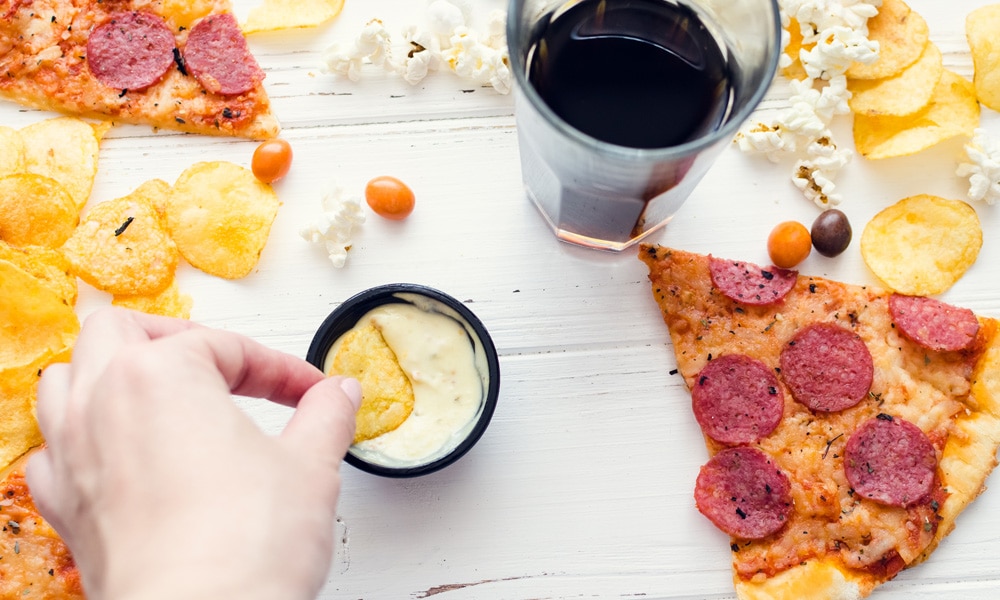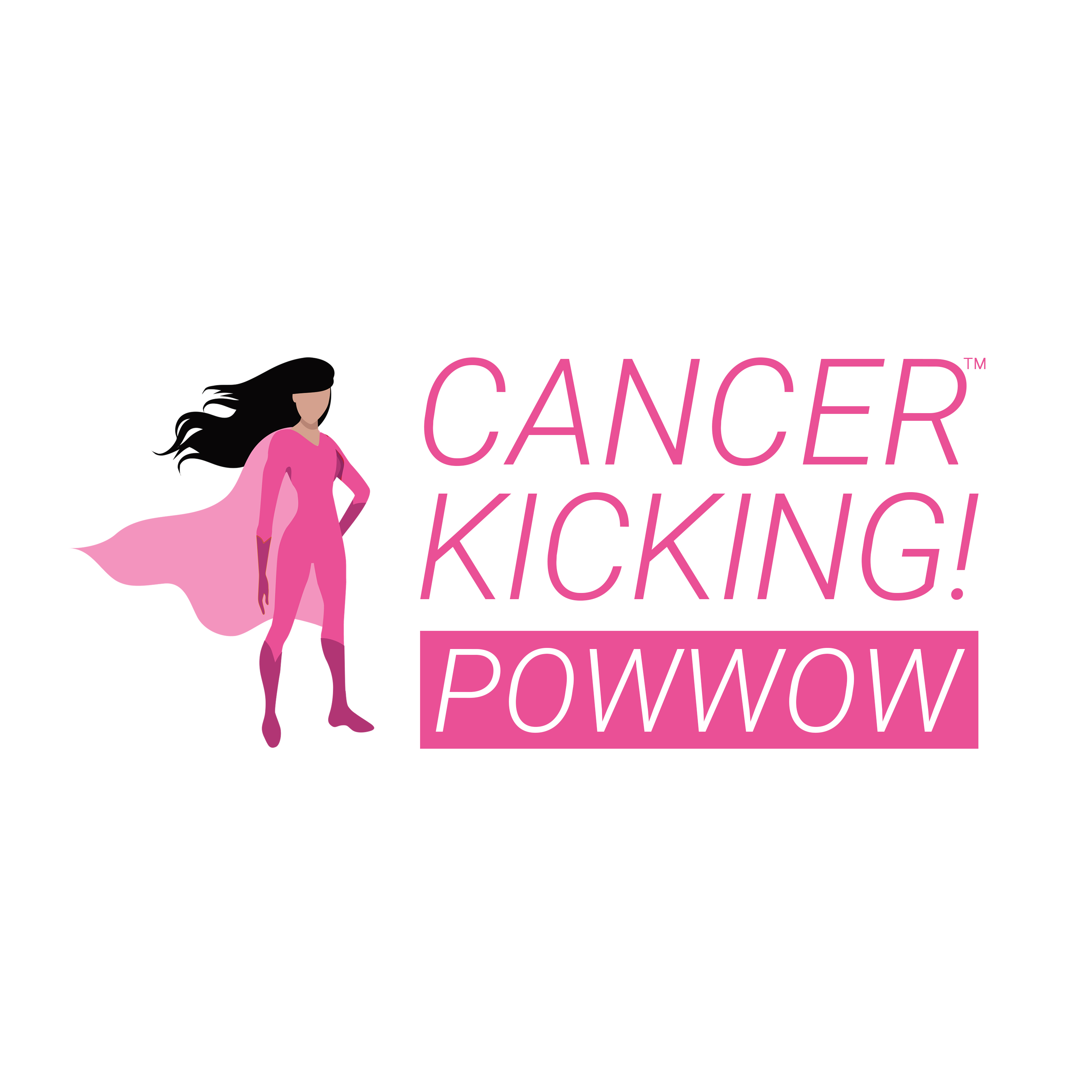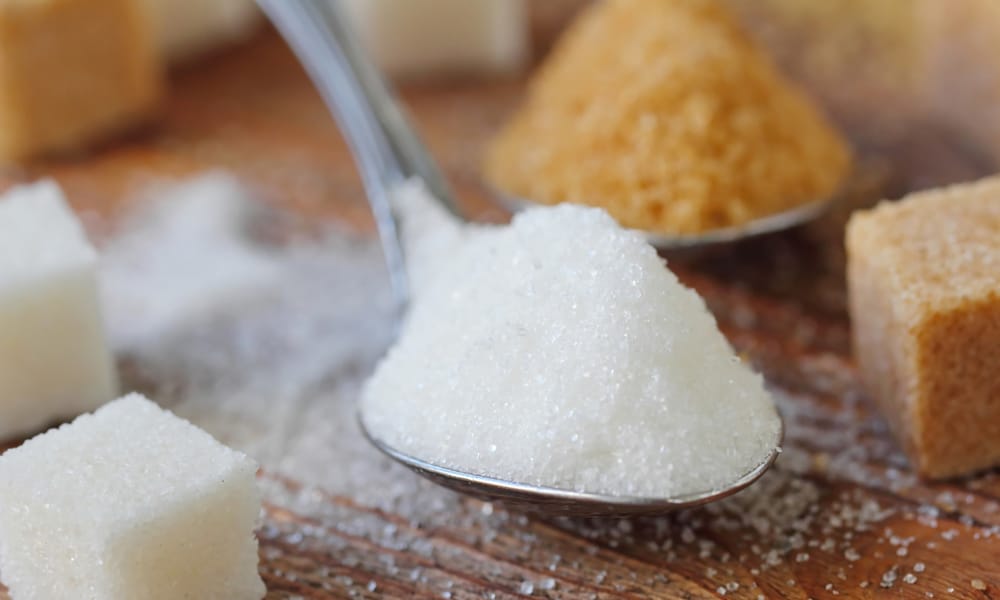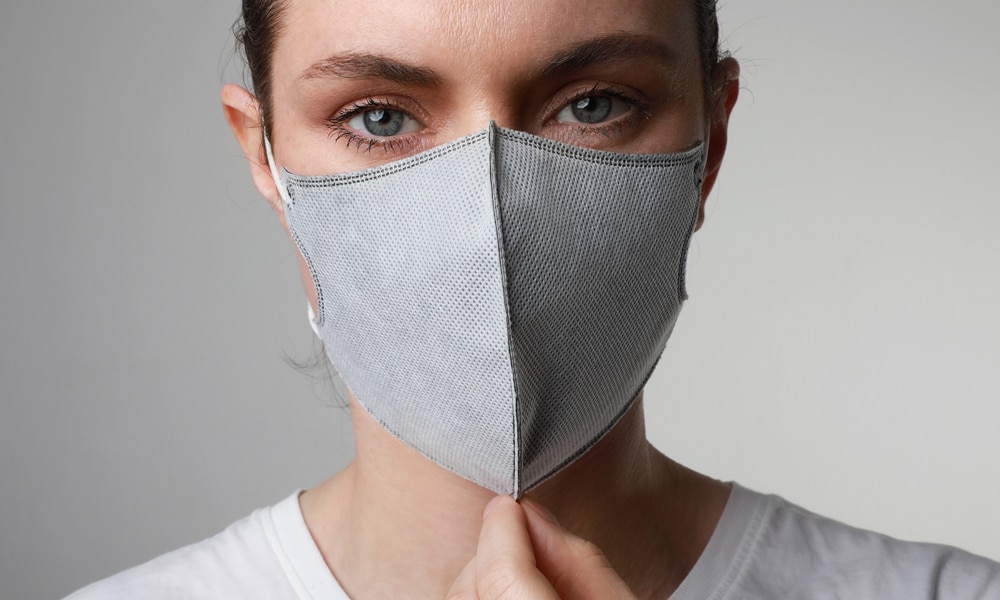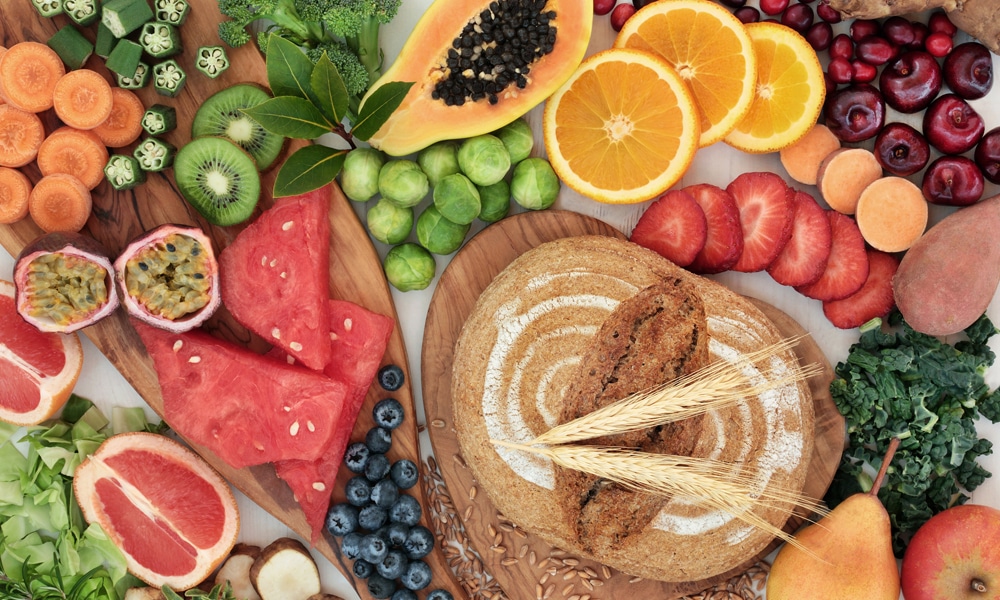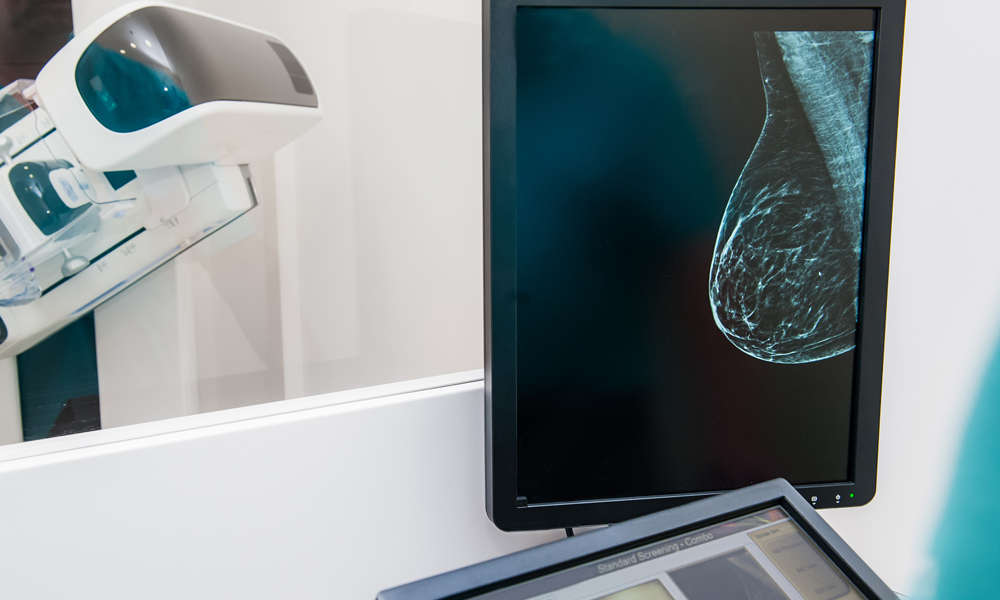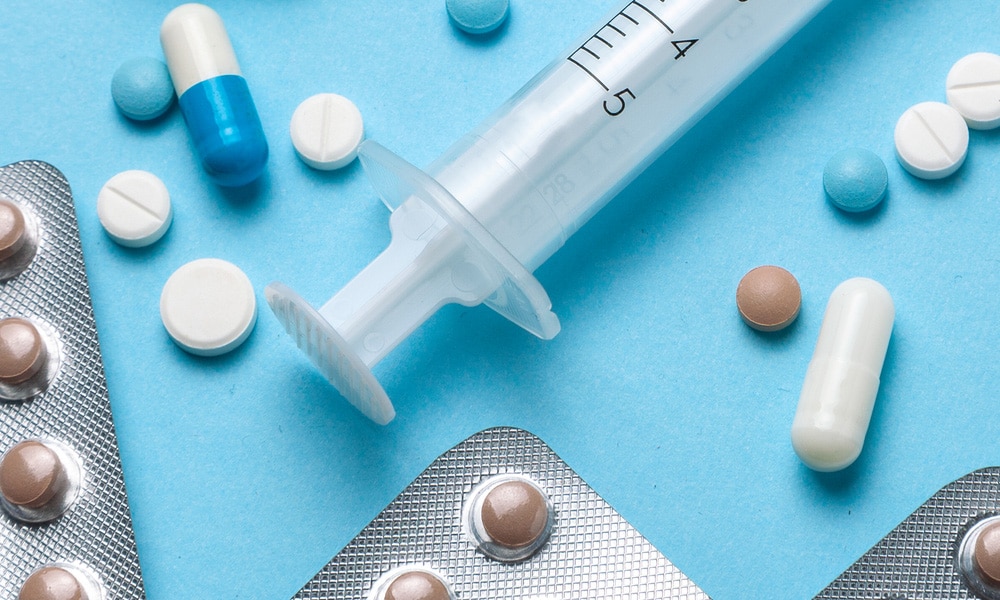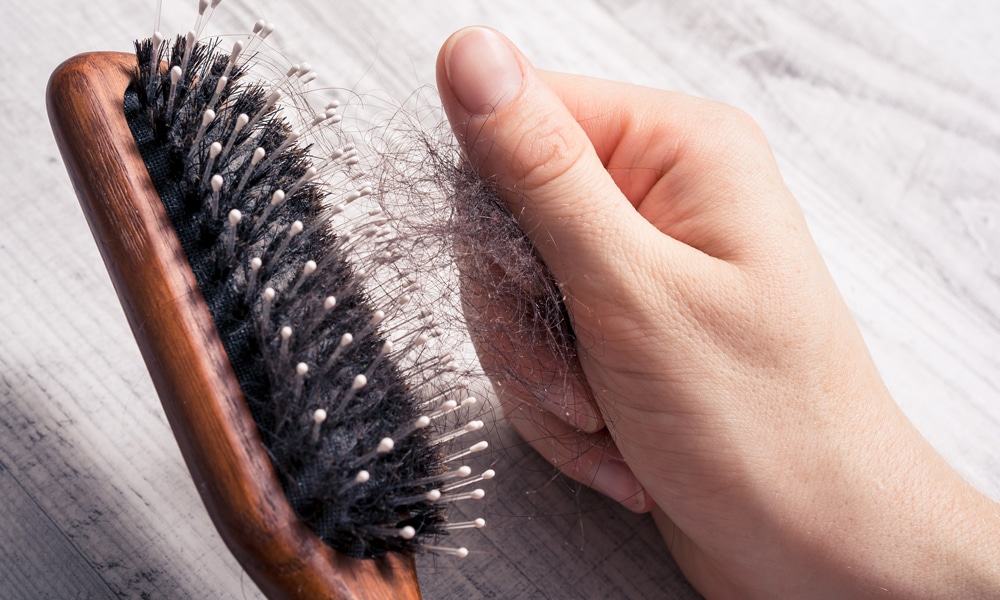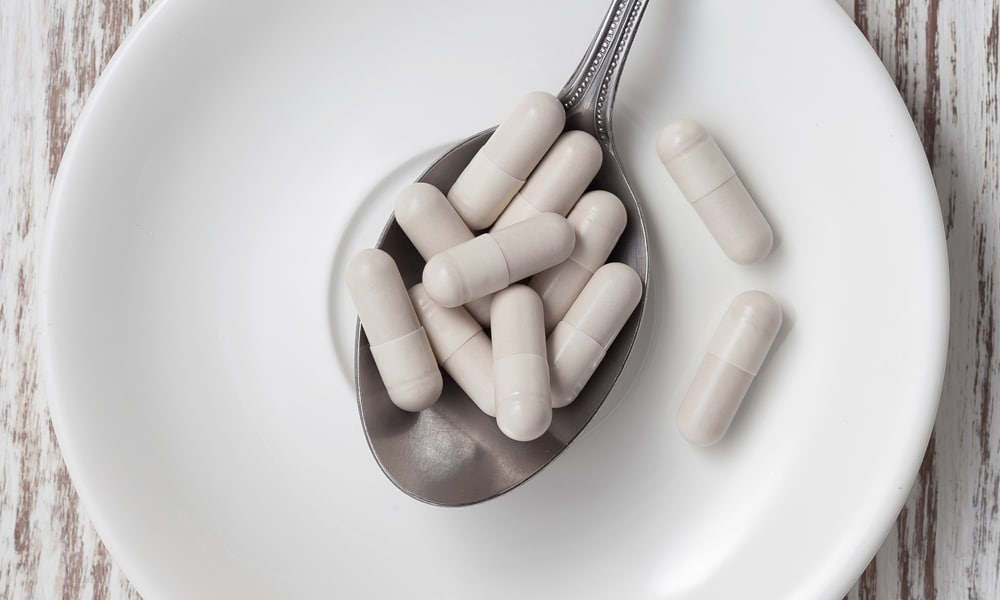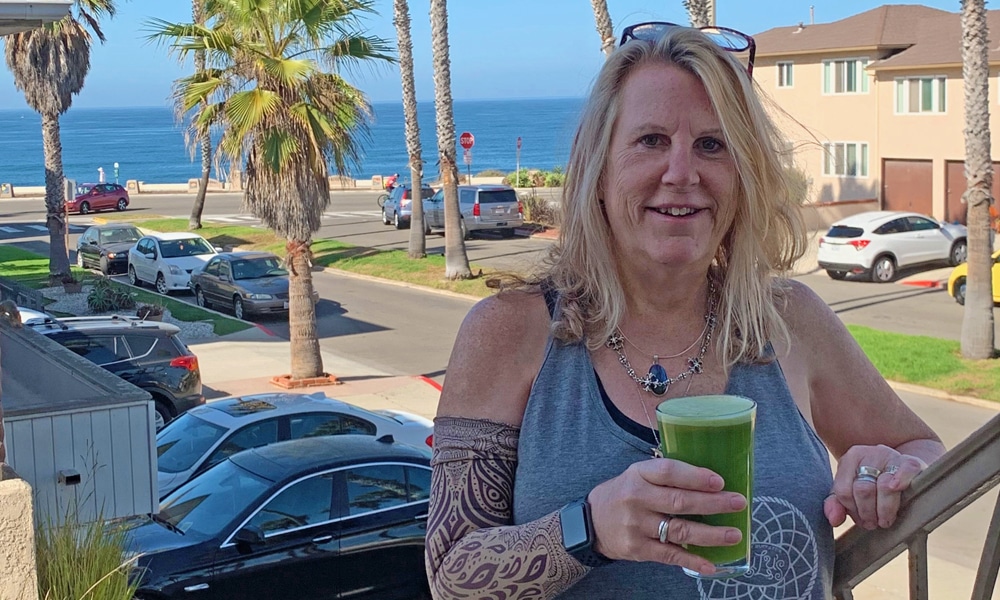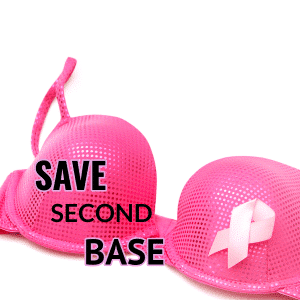A healthy diet can go a long way toward reducing your risk of cancer, so it’s important to fill your plate with cancer-kicking foods and eliminate those processed foods which can promote the growth of some cancers. Here’s a guide to processed foods and the role they play in cancer development.
No one is quite sure why some people get cancer and others don’t, but researchers have identified several factors [1] which increase our risk. There are some things we have no control over, including our age, family history, genetic predisposition or hormones, as well as exposure to some infectious agents. However, many other cancer risk factors are modifiable. These include our weight, the types of foods we eat most of the time, and any exposure to chemical and environmental toxins like tobacco, sunlight or alcohol. You might be surprised to learn that many common processed foods also contain ingredients that act like toxins in our body and increase the risk of cancer.
How is Diet linked to Cancer?
The National Cancer Institute [2] estimates that as many as one-third of cancers are related to poor dietary choices. That can mean several things.
• You’re not eating enough of the right foods. A diet high in fruits and vegetables helps to prevent some types of cancer by flooding your body with disease-fighting phytochemicals and antioxidants.
• You’re eating too much overall. Too many calories contribute to obesity and excess body fat which triggers inflammation within the body. Chronic inflammation can trigger the growth of cancer cells.
• Your diet contains too many processed foods, many of which are associated with a higher risk of cancer.
The Research behind Cancer Processed Foods
Processed foods include snack foods, convenience foods, and almost any food that comes in a package, plastic wrapper, or can. Most foods available at fast food restaurants are also highly processed. These foods tend to be high in salt, fat, and added sugar, which compromises good health. In addition, they usually contain preservatives, flavor enhancers, coloring agents, and other additives that are made in a lab, and can have harmful effects in our body.
Research [3] has found that people who eat more processed foods have higher rates of cancer. In fact, in a recent study on nearly 105,000 people, scientists determined that every 10% increase in processed foods resulted in a greater than 10% increased risk for overall cancer and breast cancer. There’s certainly no proof that an occasional serving of a processed food will give you cancer, but some of these foods have been studied in the lab and found to cause more cancer in animals when they’re exposed regularly or in higher doses. In addition, scientists have noted patterns of increased risk among groups of people who eat larger amounts of certain processed foods.
Exactly what that means for each of us, and how much is considered a safe limit is unclear in many instances, but here’s what we know so far about the link between cancer and processed foods, and which foods or ingredients you should steer clear of to reduce your risk.
Processed and Red Meat
Over the past years, numerous studies have suggested a link between meat, especially red meat, like beef, pork, and lamb, and processed meats including bacon, cold cuts, hot dogs, and sausages, and cancer. After reviewing more than 800 studies, in 2015 the cancer agency of the World Health Organization (WHO) released a statement confirming that processed meats are a carcinogen (they cause cancer), and red meats are a probable carcinogen [4].
They found associations between red and processed meat and increased risk of many types of cancers, but the strongest evidence was for processed meat and colorectal cancer – WHO determined that eating the equivalent of 4 strips of bacon, or 1 hot dog each day increases the risk of colorectal cancer by 18%.
Breast cancer is also linked to overall meat and processed meat consumption. Results of a recent study on postmenopausal women found eating more red meat increases the risk of breast cancer by 25%, and eating more processed meats increases risk by 27% [5].
The bottom line: Scientists believe the increased risk is due to the higher iron levels in red meats, and the presence of nitrites and nitrates added to processed meats. In addition, charring or smoking meats also creates cancerous compounds. Regardless of the exact cause, it’s best to skip the bacon and hot dogs entirely, and the burgers or steaks as much as you possibly can. The American Institute for Cancer Research [6] recommends avoiding all processed meats and limiting red meat to no more than 3 small portions each week.
French Fries and Potato Chips
While you’re skipping the burgers and hot dogs, you may consider adding french fries and chips to the do not eat list. They contain the toxic compound acrylamide, which, believe it or not, is also used in the production of paper, plastic, dyes and in sewage treatment. Dietary acrylamides are formed when potatoes, and foods that contain the amino acid asparagine, are heated to very high temperatures or fried [7]. Acrylamide has also been found in other foods, including crackers, cookies, and breakfast cereals, as well as canned black olives, prune juice and coffee.
The Environmental Protection Agency (EPA) regulates acrylamide levels in water because lab studies have shown that it increases cancer in animals. Less is known about the effects of acrylamide in foods, on humans. Some studies on cancer risk from acrylamide, including a very large study [8] which followed more than 62,000 women in the Netherlands for 11 years, have shown an increased risk for endometrial and ovarian cancer in those who eat more acrylamide-containing foods.
The bottom line: It’s best to limit foods like French fries, potato chips, crackers, cookies, and processed breakfast cereals not only because of the acrylamide, but also because they’re a major source of refined carbohydrates and empty calories.
Diet Soft Drinks
If you’re trying to cut calories or carbs, choosing sugar-free beverages might sound like a logical choice. However, long-term use of many artificial sweeteners may put your health at risk. Despite years of studies, there are still more questions than answers about their safety.
After the recall of cyclamate, used in “Sweet ‘n Low” due to concerns about cancer risk, there has been speculation that other nonnutritive sweeteners may increase the risk of certain cancers, mainly due to findings in animal studies. For the most part, larger reviews of human studies [9] haven’t confirmed any risk, but the causes of cancer are hard to pinpoint.
However, here’s what they have found in the lab: Human cells (healthy kidney and intestinal cells, and colon cancer cells), that are treated with various artificial sweeteners all seem to undergo changes in their DNA and cell structure [10]. Artificial sweeteners also cause harmful changes in the microbiome [11,12], or healthy gut bacteria, and they’ve been shown to increase insulin resistance in lab animals, and likely in humans too. We know that insulin resistance is a precursor to diabetes and heart disease, but it’s also thought to be associated with increased breast cancer risk [13].
The bottom line: Instead of choosing sugar-free foods and beverages to cut calories, work on additional healthier, whole plant foods which are naturally lower in calories and higher in disease-fighting and microbiome-supporting fiber. Drink water, green tea, or unsweetened seltzer infused with fresh fruits and herbs to quench your thirst and get a vitamin and antioxidant boost.
Plant Milks that contain Carrageenan
With the wide assortment of plant milks available today, it’s easy to swap out dairy milk, but it’s important to read foods labels and check for any questionable ingredients in these plant milks. Many plant milks, like almond or coconut, contain added sugar and some contain carrageenan, a stabilizer and thickener made from red seaweed. Although that may sound like a good thing, carrageenan has been linked to a host of health problems including intestinal inflammation and colon cancer.
The research is a bit mixed, but scientists at the Cornucopia Institute [14] who have studied the various health effects of carrageenan insist that it triggers an immune response in the body which leads to inflammation and possibly even malignancies.
The bottom line: It’s always a good idea to read your food labels, not only for nutritional content but also for questionable ingredients. There are many plant milks and other products that do not contain carrageenan, and it’s best to choose these instead.
Packaged Breakfast Cereals
Breakfast cereals are among the packaged products that contain the antioxidants BHA (butylated hydroxyanisole) and BHT (butylated hydroxytoluene) [15]. They’re frequently added to cereals (as well as cookies, chips, and even mayonnaise and salad dressings), as a preservative, because they keep any fats or oils from nuts or whole grains from spoiling. Both are on the FDA’s Generally Recognized as Safe (GRAS) list, but lab and animal studies have raised concerns about these antioxidants.
The National Toxicology Program [16] has concluded that BHA “is reasonably anticipated to be a human carcinogen”. BHT has been found to increase cancer risk in lab animals, but not all studies agree. To make matters even more confusing, some research has found these lab-manufactured antioxidants to have health benefits. In the case of these antioxidants, the dose may make the poison, since higher levels of intake appear to result in more negative health effects while lower doses seem to have no impact or a benefit. Keep in mind that the more processed or packaged foods you eat, the higher your exposure to these ingredients is likely to be.
The bottom line: Like most packaged foods, breakfast cereals can be highly processed and contain questionable ingredients. If you like hot or cold cereal in the morning, stick to whole oats, quinoa, or other unprocessed ancient grains. Prepare them with milk or water and eat them as a hot porridge or cold muesli with nuts and some fruit on top. It’s always best to get your antioxidants from whole foods instead of supplements or preservatives in packaged foods.
Sandwich Breads
Bread is such a staple in diets worldwide, that most consumers don’t consider this a processed food. However, the bread that you find in the grocery aisle is quite a stretch away from real, homemade bread made from whole grain flour, yeast, sugar, salt, and oil. Pick up any package of bread, and you’ll see a long list of unrecognizable ingredients that include refined flours, high-fructose corn syrup, additional gluten, dough stabilizers, preservatives, etc.
One ingredient in some brands of bread that has been linked to cancer is potassium bromate. It’s used to give the dough more stability and rise better. It’s also been associated with increased risk of kidney and thyroid cancer as well as peritoneal mesothelioma in animals. The International Agency for Research on Cancer (IARC) has classified it as possibly carcinogenic to humans [16]. Although it’s on the FDA’s GRAS list, potassium bromate is banned from use in most other countries.
Aside from some of its questionable ingredients, sandwich bread is also a source of refined carbohydrates and often hidden sugars. Eating too many refined carbs puts you at increased risk for insulin resistance, diabetes, and other metabolic diseases, which as mentioned, may increase the risk of breast cancer.
The bottom line: Again, always check the nutrition facts label, and choose breads made with 100% whole grain flour, and minimal ingredients. Whenever possible, skip the bread, and use a lettuce wrap for a sandwich, or turn your sandwich into a bowl by adding extra vegetables and maybe a spoonful of whole grain quinoa or farro instead of bread. You’ll save calories and carbohydrates, and make your lunch much healthier.
The foods listed here contain just a sampling of the ingredients that are potentially linked to cancer. With hundreds of food additives approved for use in the U.S. it’s easy to understand how widespread their use is, and why it’s important to choose whole foods – those without food labels, or with minimal ingredients, as often as possible. Not only do processed foods increase your exposure to potentially harmful toxins, but also to a less nutritious diet overall. Join our Cancer-Kicking! Kitchen for delicious recipes, videos and live cooking events that promote your health.

